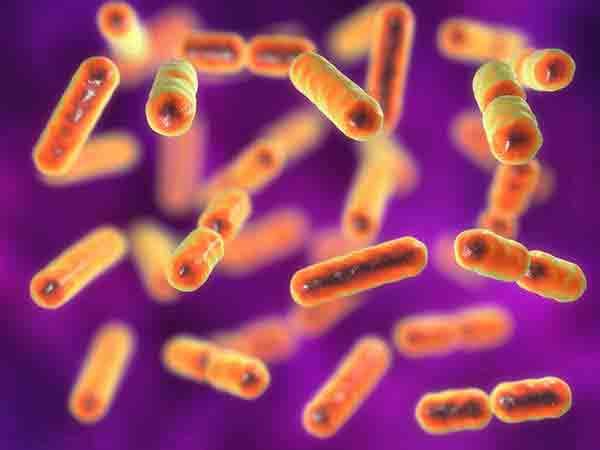Intestinal microbiome and maternal mental health: preventing parental stress and enhancing resilience in mothers
Growing interest surrounds the connection between gut bacteria and brain health, highlighting how the gut’s microbiota affects the central nervous system through pathways like nerves, hormones, and immune responses. Diet, lifestyle, and exercise can modify gut bacteria composition. Research links gut health to mental conditions like depression and anxiety, showing that these issues often involve more inflammatory bacteria and fewer bacteria producing short-chain fatty acids (SCFAs), such as butyrate. These SCFAs, generated from dietary fiber by gut bacteria, benefit gut health by boosting immune function and preventing cancer cell growth. The incidence of mental health issues among mothers is on the rise, particularly during the coronavirus pandemic, underscoring the critical need to identify factors that bolster resilience in mothers to mitigate the potential for adverse physical and mental health outcomes. Our research zeroes in on the potential risks associated with parenting stress and the psychological resilience in mothers without psychiatric or physical ailments through two investigative studies. These studies explored how the gut microbiota, physical well-being, and psychological state interrelate. Findings indicate a connection between the diversity within the gut microbiome and an increased risk of parenting stress.
Additionally, psychological resilience and physical well-being were linked to the presence of specific microbial genera such as Blautia, Clostridium, and Eggerthella. This research advances our comprehension of the interactions between the gut and brain and advocates for strategies to fortify resilience among mothers. [Parental, microbiome, microbiota, psychological state, mothers, stress, resilience, gut and brain]
Year: 2024
 Navigation
Navigation






